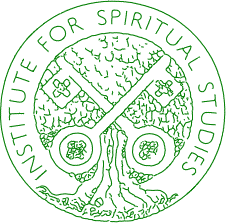

|
Seminar 10:
|
The Transfiguration in the four GospelsAn examination of the four narratives in the New Testament that present the story of the transfiguration of Jesus. We will look at each story in turn, setting it within its context in the narrative (or discourse) in which it occurs, studying the similarities and differences, and looking at possible explanations for the divergences. In each case, the focus will be on the theology that emerges from the New Testament accounts, and the reasons for its importance, if not centrality, for theology today. There will also be stress on the central symbols of the story and the kind of spirituality that emerges from them, particularly in relation to theosis (deification). If time permits, we will also glance – albeit briefly – at other places in the New Testament where transfiguration is implied or understood. The most obvious candidate here is the Gospel of John. The accounts of the transfiguration will be read in conjunction with the iconography and art of the tradition, both East and West, without which this New Testament story can hardly be understood. Such art makes real the symbolism of the narrative and enables us to interpret it in an authentically symbolic and spiritual way. Rev'd Professor Dorothy Lee is Professor of New Testament Studies, United Faculty of Theology, Melbourne College of Divinity.
Three ways light aids worship in icons of the TransfigurationThe main piece for consideration will be the sixth centruy mosaic of the Transfiguration in the apse of St Catherine's monastery in Egypt. It will include reference to Pseudo-Dionysius and his concept that as you move into the heart of God you move into a mystery which is beyond light, and is expressed by darkness. His writing is considered to be a forerunner of the medieval text "The Cloud of Unknowing". So, in the mosaic icon, we have dazzling created or natural light reflecting from the golden surface, spiritual or uncreated light shining through and from the person of Christ, and in the mandorla surrounding Christ and representing the cloud that descended on him, shades of blue that get deeper and deeper as you move from theouter edge into the centre, the mystery at the heart of God. This composition has been continued for 1500 years now, and is still being used in contemporary icons. Rev'd Dr Robert Gallacher, a retired Uniting Church minister, is Director of the Uniting Church Icon School Network, and a former student of St Peter's Icon School.
|